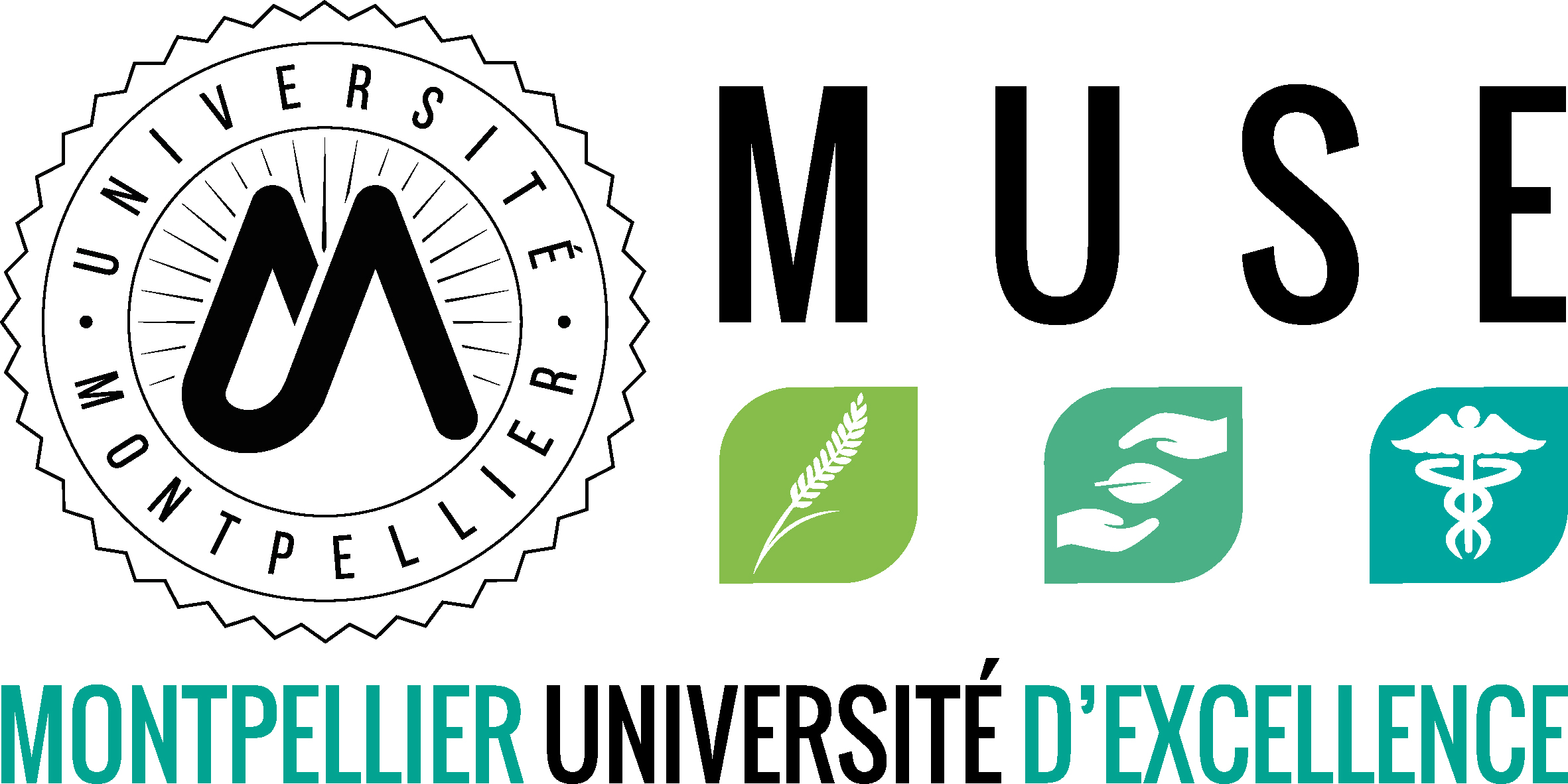A CRISPR-Cas9-based system for the dose-dependent study of DNA double strand breaks sensing and repair
Résumé
The integrity of DNA is put at risk by different lesions, among which double strand breaks (DSBs) occur at low frequency, yet remain one of the most life-threatening harms. The study of DSB repair requests tools provoking their accumulation, and include the use of chemical genotoxins, ionizing radiations or the expression of sequence-specific nucleases. While genotoxins and irradiation allow for dose-dependent studies, nucleases expression permits assessments at precise locations. In this work, we have exploited the repetitiveness of the Ty transposon elements in the genome of Saccharomyces cerevisiae and the cutting activity of the RNA-guided Cas9 nuclease to create a tool that combines sequence specificity and dosedependency. In particular, we can achieve the controlled creation of 0, 1, 15 or 59 cuts in cells with an otherwise identical genetic background. We make the first application of this tool to better understand the behavior of the apical kinase of the DNA damage response Tel1. By comparing different strategies to create DNA breaks, we find that Tel1 is capable of forming multiple foci, in striking contrast with other DSB-related proteins. Tel1 foci are in tight contact with the nuclear periphery, therefore suggesting a role for the nuclear membrane in their congregation.
Domaines
Sciences du Vivant [q-bio]| Origine | Fichiers produits par l'(les) auteur(s) |
|---|---|
| licence |





